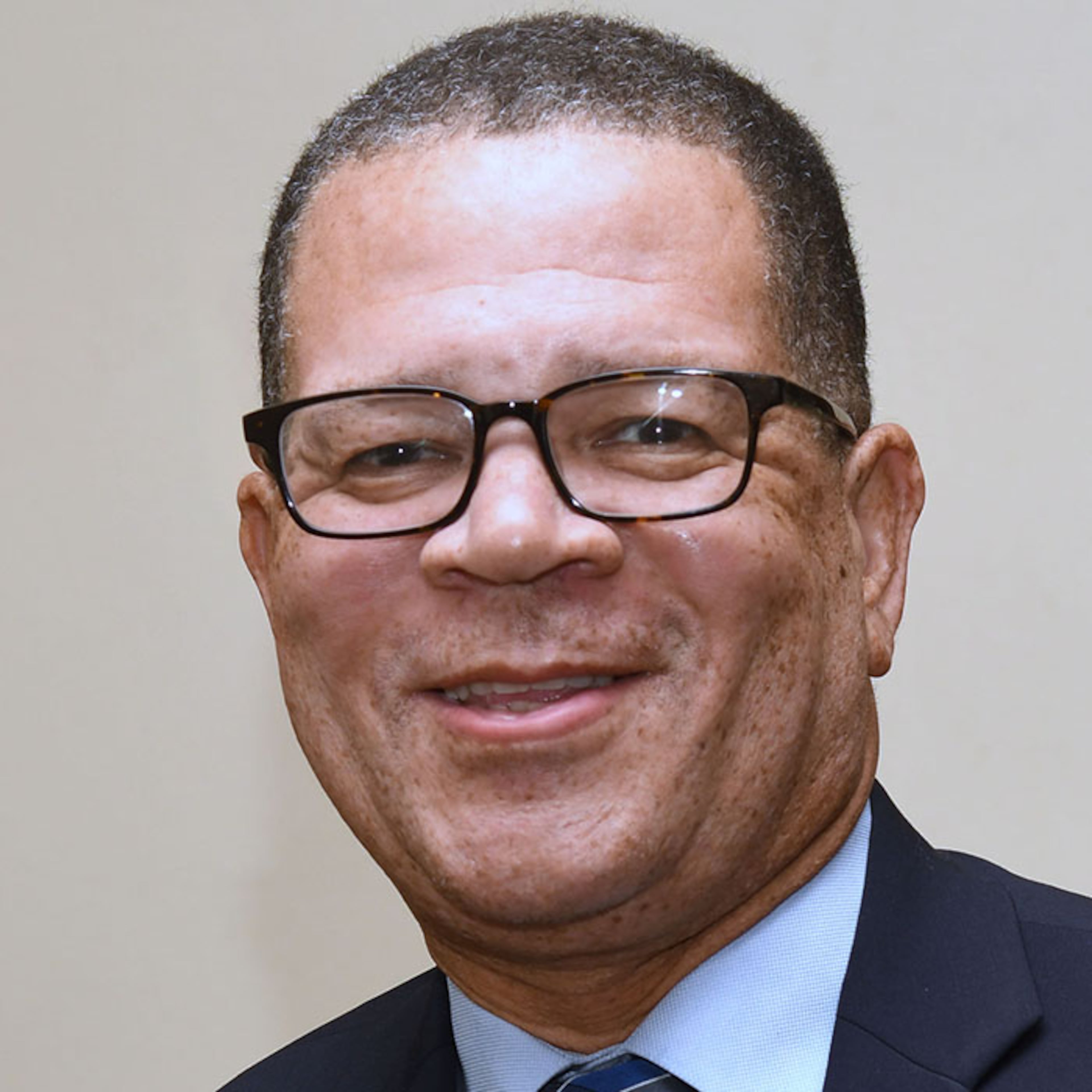Did white women choose race over gender?
The presidential election will be heralded as a defining moment in American history, a clash of ideologies and identities that underscored the fragmented landscape of American politics.
At the forefront was Vice President Kamala Harris, the first Black woman nominee of a major party, standing opposite former President Donald Trump, a white, self-proclaimed billionaire whose name is synonymous with wealth and controversy.
This election was not just a battle for the presidency; it was a reflection of the complexities of race and gender and the intersection of these identities that define contemporary America.

Harris’ journey was emblematic of the struggles and triumphs faced by many women of color. Her ascent, fueled by hard work and resilience, began at Howard University, an elite historically Black university, where she first showcased her leadership skills. Harris’s career trajectory — from prosecutor to district attorney, state attorney general, senator and ultimately vice president — demonstrates a tenacity that resonates deeply with many Black women.
They see in her more than a political figure. They see her as an extension of their own challenges and aspirations.
Benjamin E. Mays, the former president of Morehouse College, said during the dark segregated era of America in the 1950s, “He who starts out last in the great race of life must run twice as fast or twice as long, or he will forever remain behind.” That’s the experience of Black women in America, who often find themselves navigating the treacherous waters of race and gender discrimination.
Their support for Harris was overwhelming. According to exit polling by The Washington Post, an astounding 91% of Black women voters rallied behind her, a testament to their understanding of the unique barriers she faced as well as the pro-female policies she championed, such as reproductive choice and freedom, down payment assistance for first-time homebuyers and tax credits for small business owners.
However, the election results revealed a stark reality.
Though Harris garnered substantial support from women of diverse backgrounds — 88% of Jewish women and 60% of Hispanic women voted for her — white women did not align in the same manner. Only 45% of white women voted for Harris.
This demographic discrepancy raises critical questions about the intersection of race and gender in voting behavior and highlights the complexities of identity politics.
I teach political science at Spelman College, which is one of only two all-female colleges in the United States with a mission of educating Black women. For many Black women, Harris’ defeat was not merely a political setback; it felt personal.
One Spelman student confided that the campus environment was in deep mourning on Nov. 6; another student shared that she shed a lot of tears. They intimately understand the duality of race and gender, the extra hurdles that come with being a Black woman in America, and the profound disappointment that arises when an eminently qualified Black female candidate, who embodies their struggles, is not embraced by a broader electorate when in competition with a greatly flawed white male.
In general, white women, by contrast, often do not carry racial identity as a burden, creating a disconnect in empathy and understanding. Did race beat gender in the voting behavior of white women?
This inquiry necessitates an exploration of the sociopolitical landscape in which these women operate. Historically, white women have had the privilege to navigate the political terrain with a level of comfort that women of color often do not enjoy. This privilege can shape voting patterns that diverge from the voting patterns of Black women.
It is essential to recognize that the voting choices of white women are influenced by myriad factors, including socioeconomic status, education and regional affiliations. The complexity of identity means that white women do not vote uniformly; however, the wide disparity in Harris’ support among this demographic raises questions about the collective priorities of white women voters.
Are they willing to champion gender equality when it is intricately tied to race? Or do they, consciously or unconsciously, prioritize their racial identity over gender solidarity?
Unfortunately, the Harris campaign made a fatal miscalculation hoping that a larger share of women voters (especially whites) would gravitate toward gender preference and vote for her.
Despite the devastating loss by Harris, I believe that Black women’s resilience will remain unshaken in the political process. They will continue to advocate for change, pushing for greater representation and equality in all sectors of society. The fight for a seat at the table will be ongoing, and for many, the dream of seeing one of their own in the highest office in the land persists and it will materialize one day.
As a Black man, who is a son, father and grandfather, I reflect on the implications of this election for the women in my life — my 85-year-old mother, my 24-year-old daughter and my 3-year-old granddaughter. I want my daughter and granddaughter to see a world where race and gender do not limit their aspirations. I want them to envision a future where they can aspire to the presidency and know that their experiences, identities and voices matter.
The 2024 presidential election illuminated the intricate tapestry of race and gender in America and illustrated the unique challenges of electing the first Black female president of the United States. It is plainly clear that the votes of Black women and other women of color cannot do it alone.
Though Harris made history as a Black woman on a major party ticket, the voting patterns among white women reveal a complex interplay of identity politics that must be addressed. Understanding these dynamics is crucial for fostering a more inclusive political landscape, one where the struggles of all women — especially those at the intersection of race and gender — are recognized and valued.
The path forward requires collective action, empathy and a commitment to dismantling the barriers that persist in our society.


